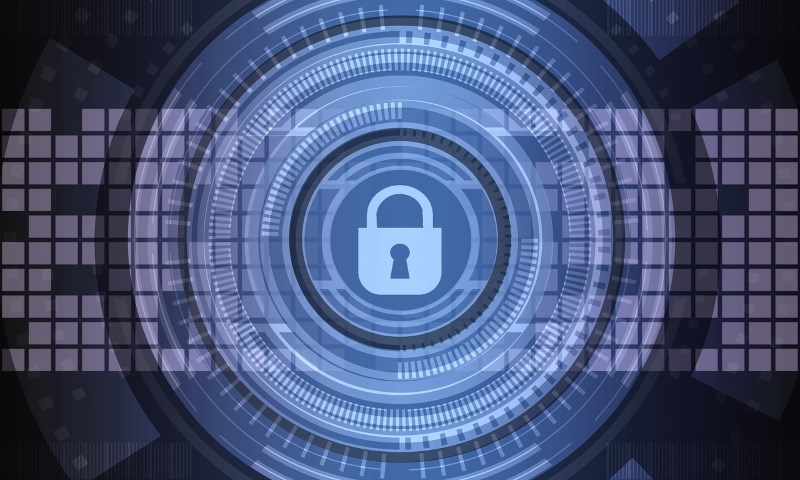
Malware seems to be getting more and more advanced each day. Hackers keep thinking of clever ways to insert it into a website, link, email, or any other seemingly innocent location. This means that keeping sensitive data, especially passwords, is more important than ever.
Luckily, there are a lot of cybersecurity tools out there that can help keep all of your data, including passwords, safe from malware. Perhaps the most straightforward and effective one is a password manager. However, to effectively protect your sensitive data from hackers, it’s important to know how malware works and how exactly it can steal your data.
What is malware?
Malware is a software with malicious intent to steal or delete sensitive data, slow down your computer, or even spy on your online activity. Due to the creativity of hackers, there are many forms of malware that have different aims.
For example, there’s ransomware, which blocks a computer and demands the user to pay ransom. Then there’s spyware that watches your online activity without your knowledge or consent. Of course, there’s also the classic virus, which is a program that is able to spread throughout your computer and perform malicious actions.
How can malware steal passwords from your browser?
Different types of malware have different aims. While some are aimed at gaining ransom money and others at deleting your data, here are the most common types of malware that are used to steal passwords:
- Keylogger. A keylogger records all of the keys you hit on your laptop, which can eventually lead to password leakages.
- Spyware. Spyware watches everything you do online, including the passwords you enter.
- Virus. A virus is the most common type of malware and for good reason. If a single user on a network accidentally clicks on a virus, it can spread throughout the whole network and steal many users’ passwords.
- Worms. Worms are similar to viruses but can spread throughout a network even more easily because they don’t need to be clicked on by a user.
- Trojan. Trojan malware gets onto your device by going “undercover” as regular software that you wouldn’t think twice about downloading. Once it’s on your device, it can steal, delete, or block your sensitive data.
These are just a few types of malware that hackers commonly use to steal passwords. The problem is, users are often unaware of such cyberattacks and only find out when it’s too late.
However, there are some signs that may help indicate that your device has malware. For instance, if you’ve noticed that your device is slower than usual, it keeps crashing, or you’re getting a huge number of pop-up ads, your device may have malware. The good news is that there are plenty of preventative measures that you can take.
How can you protect your passwords from malware attacks?
Although malware is becoming more and more advanced, so are cybersecurity tools. By utilizing reliable cybersecurity tools and being smart about your online activity, you can greatly reduce the chances of falling victim to hackers. Here are some of the easiest but most effective ways to keep your passwords safe:
- Be careful with unfamiliar emails or links. The best protection is prevention. Never click on links sent by unknown users or random pop-ups claiming that you won the newest smartphone. These often turn out to be malicious software.
- Use different passwords for every account. Using the same password for each account means that only one account needs to be hacked to access the others. To keep this from happening, don’t use the same or even similar passwords for your accounts.
- Use complicated passwords. The more complex the password, the more difficult it is to steal, so keep your passwords as complex as possible.
- Use a password manager. A password manager is a cybersecurity software that keeps your usernames and passwords safe and encrypted. It’s an easy way to ensure that your passwords are both different and complex without having to remember them all or write them down on a piece of paper.
- Use a VPN. A VPN encrypts all of your data. Even if a hacker manages to get their hands on them, your passwords will be impossible to read.
- Use an antivirus. Filter all of your data through an antivirus software to detect and remove any viruses.
Bottom line
Unfortunately, malware isn’t going anywhere. It’s just getting more and more advanced. This means that users need to be more careful than ever if they want to protect their passwords. The good news is, there are now a lot of effective ways to protect your data. Make sure to keep your passwords safe by always being vigilant online and utilizing various cybersecurity tools, such as password managers and VPNs.

